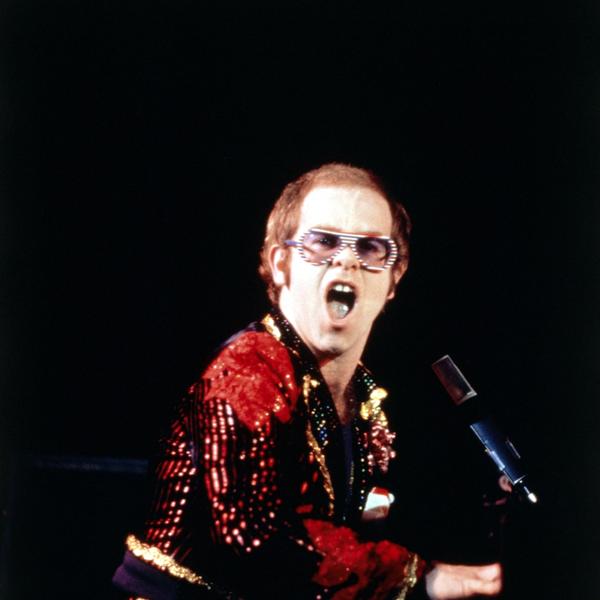“Don’t Let the Sun Go Down on Me” – Elton John
- music
- June 25, 2024

Don’t Let the Sun Go Down on Me: Elton John’s Heartfelt Classic
“Don’t Let the Sun Go Down on Me,” released in 1974, is one of Elton John’s most powerful and enduring ballads. Written by Elton John and his longtime lyricist Bernie Taupin, the song captures deep emotions of despair, vulnerability, and the longing for support. Here’s an in-depth look at this iconic track:
Musical Composition and Style:
“Don’t Let the Sun Go Down on Me” features a rich, orchestral arrangement that highlights Elton John’s skill as both a pianist and a vocalist. The song opens with a gentle piano introduction that sets a reflective and somber tone. As the song progresses, it builds in intensity, incorporating lush strings, a gospel choir, and dynamic percussion.
The orchestration, arranged by Del Newman, provides a grand and cinematic quality to the track. The combination of piano, strings, and choir creates a sweeping, emotional soundscape that enhances the song’s lyrical themes. Elton John’s vocal performance is both powerful and nuanced, conveying a deep sense of longing and pleading.

Lyrics and Themes:
The lyrics of “Don’t Let the Sun Go Down on Me” explore themes of loneliness, desperation, and the search for redemption. The narrator expresses feelings of being lost and overwhelmed, reaching out for help and understanding. The chorus, with its heartfelt plea “Don’t let the sun go down on me / Although I search myself, it’s always someone else I see,” encapsulates the struggle to maintain one’s identity and hope amidst personal turmoil.
Bernie Taupin’s lyrics are evocative and poignant, painting a vivid picture of emotional vulnerability. The song’s metaphorical use of the setting sun as a symbol for despair and the fear of being left in darkness adds a layer of poetic depth to the narrative.
:strip_icc():format(webp)/kly-media-production/medias/1844890/original/022710100_1516860575-20180125-Elton-John-AFP1.jpg)
Commercial Success and Critical Acclaim:
“Don’t Let the Sun Go Down on Me” was a commercial success, reaching number 2 on the Billboard Hot 100 chart in the United States and charting in the top 20 in the United Kingdom. The song’s popularity was further cemented by its powerful live performances and its emotional resonance with audiences.
Critically, the song has been praised for its lyrical depth, Elton John’s vocal performance, and the sophisticated production. It is often regarded as one of John’s finest ballads and a highlight of his illustrious career. The song’s ability to convey deep emotions and connect with listeners on a personal level has made it a standout track in his extensive catalog.

Live Performances and Cultural Impact:
“Don’t Let the Sun Go Down on Me” has had a significant cultural impact, particularly through its live performances. One of the most memorable renditions occurred in 1991, when Elton John performed the song as a duet with George Michael. This live version, recorded at a concert in London, was released as a single and became a major hit, reaching number 1 on both the UK and US charts. The duet brought a new level of emotional intensity to the song and introduced it to a new generation of listeners.
The song’s enduring popularity has made it a staple of Elton John’s live shows, where it continues to captivate audiences with its powerful message and stirring melody. It has been covered by numerous artists and featured in various films, television shows, and commercials, further solidifying its place in popular culture.

Conclusion:
“Don’t Let the Sun Go Down on Me” by Elton John is a timeless classic that combines heartfelt lyrics, a grand orchestral arrangement, and a powerful vocal performance. Its themes of vulnerability, hope, and the search for redemption resonate deeply with listeners, making it one of the most enduring and beloved songs in Elton John’s repertoire. The song’s commercial success, critical acclaim, and cultural impact underscore its significance as a masterpiece of popular music.











